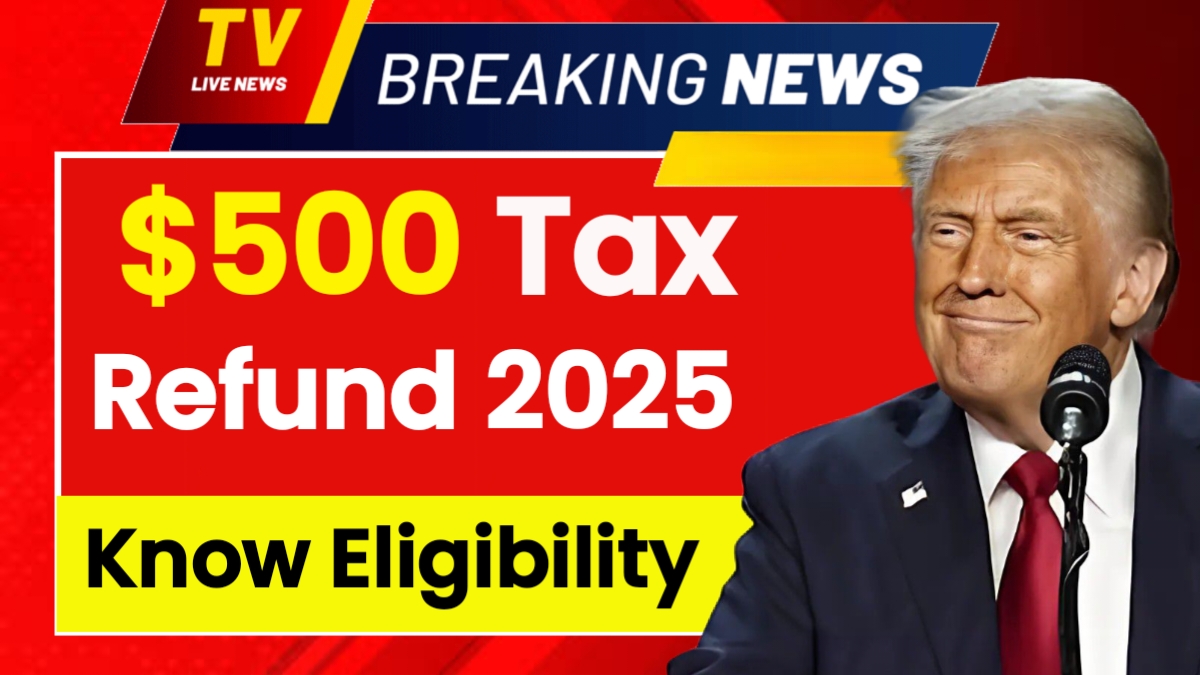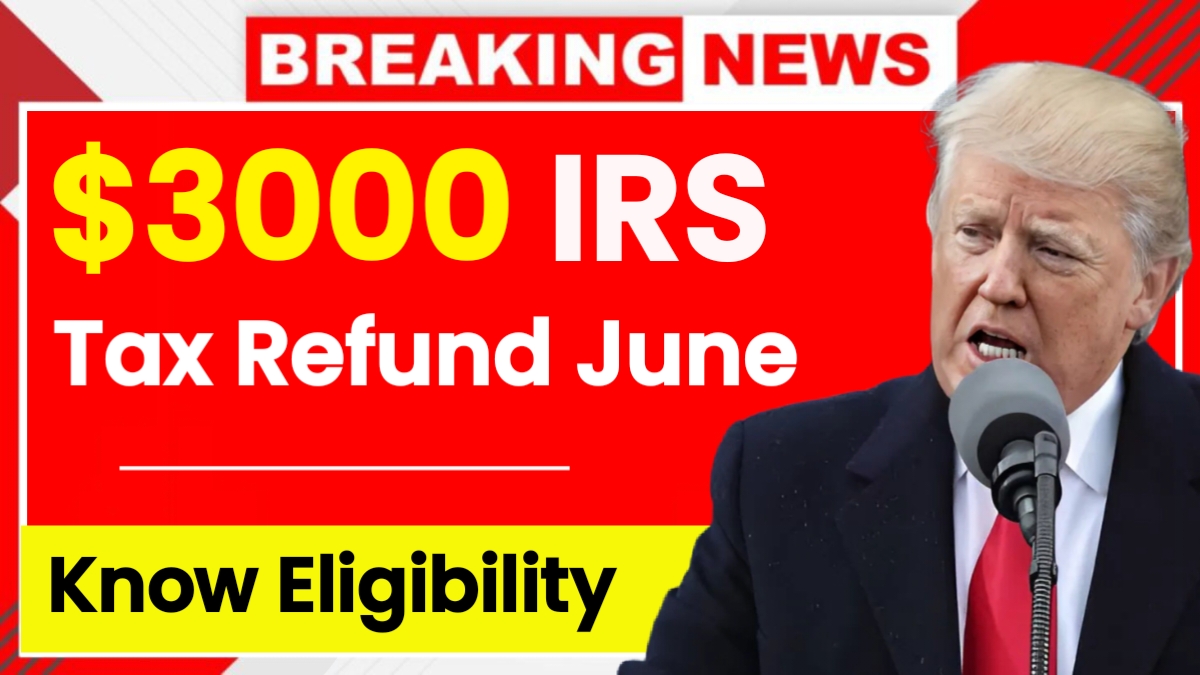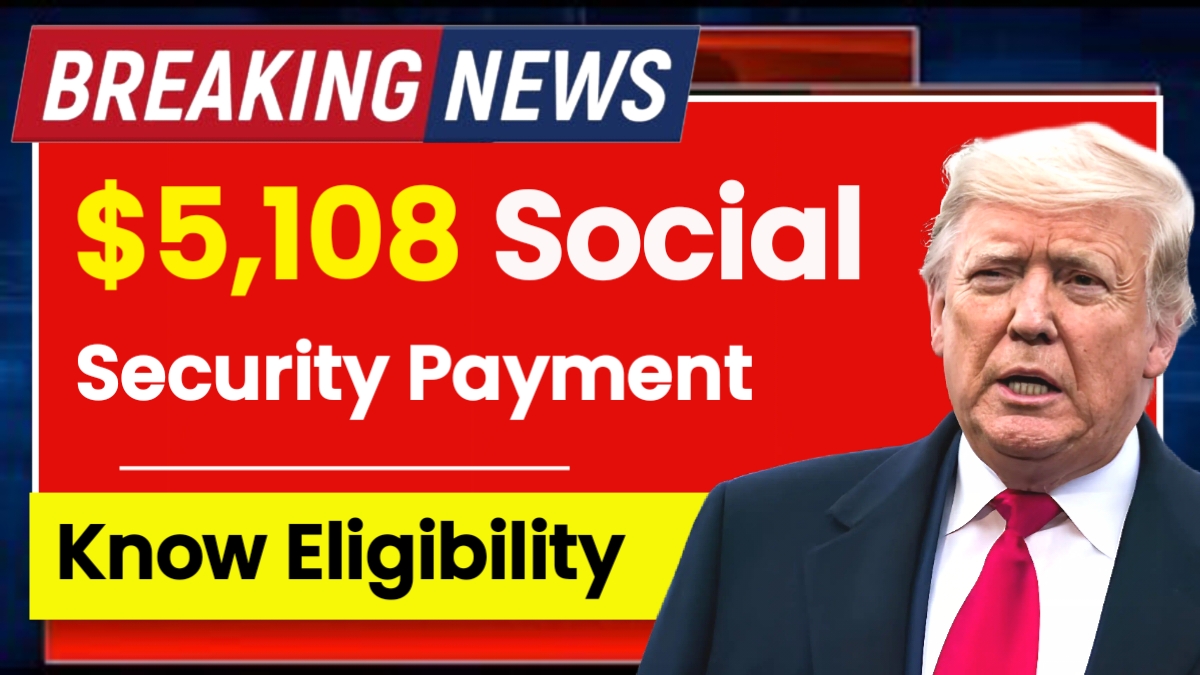$1400 Stimulus Checks 2025:The Internal Revenue Service is actively processing tax refunds for the 2024 tax year, with most Americans receiving refunds averaging between $2,945 and $3,000 depending on their specific tax situations and claimed credits. These refunds represent regular tax overpayments and eligible credits rather than new stimulus payments, which is an important distinction many taxpayers need to understand. The processing timeline varies significantly based on filing method and submission date, with electronic filers who chose direct deposit receiving their refunds much faster than those who submitted paper returns or requested paper checks. Taxpayers who filed their returns between May 1-15 electronically with direct deposit can expect refunds between May 22 and June 4, while paper filers from the same period should receive their payments between May 29 and June 11.
Tracking Your Refund and Resolving Delays
The IRS provides a convenient online tool called “Where’s My Refund?” that allows taxpayers to track their refund status in real time. To use this service effectively, you need your Social Security number, filing status, and the exact refund amount you expect to receive. The system updates daily and works for both electronic and paper tax returns, though paper filers may need to wait up to four weeks before their information appears in the system. If your refund is delayed beyond the standard processing times of 21 days for electronic returns or six weeks for paper returns, you should first check the online tracking tool for any updates or required actions. Common causes of delays include missing information, mathematical errors, or identity verification requirements that need to be resolved before the IRS can release your refund.
Reality Check on New Stimulus Payments
Despite widespread rumors and social media speculation, there are currently no official plans for a fourth stimulus check in 2025 from either the IRS or Congress. The three previous stimulus payments totaling $1,200, $600, and $1,400 respectively were distributed between 2020 and 2021 during the COVID-19 pandemic, with the final deadline for claiming the third payment having passed on April 15, 2025. Even taxpayers who received filing extensions were not granted additional time to claim the Recovery Rebate Credit, meaning these opportunities have permanently expired. While former President Donald Trump mentioned a potential $5,000 “DOGE dividend” related to government efficiency savings in February 2025, no official details or Congressional authorization has been provided for any such program.
Impact of Inflation on American Households
Rising prices for essential goods and services continue to strain household budgets across the country, making tax refunds increasingly important for many families trying to maintain their financial stability. Americans are using their tax refunds strategically to pay down existing debts, purchase necessary items, and create small emergency funds to weather ongoing economic pressures. Homeowners face particular challenges with rising mortgage rates, increasing property taxes, and higher costs for home maintenance and repairs. Unfortunately, there are no special stimulus payments or additional tax benefits specifically designed for homeowners in 2025, leaving many to rely on their regular tax refunds and other financial planning strategies to manage these increased expenses.
State Refunds and Special Circumstances
Many states offer their own tax refunds separate from federal payments, and taxpayers should check their state’s official tax website to track these payments and ensure they receive all money owed to them. Some states affected by natural disasters have received extended filing deadlines, such as certain Arkansas residents who have until November 3, 2025, to submit their returns and remain eligible for refunds. These disaster-related extensions provide crucial relief for communities dealing with recovery efforts while ensuring they don’t lose access to their tax benefits due to circumstances beyond their control.
Protecting Yourself from Scams and Fraud
The combination of economic uncertainty and rumors about new stimulus payments has created opportunities for scammers to target vulnerable Americans with fraudulent schemes. Always verify information through official government websites rather than relying on social media posts, unsolicited emails, or text messages claiming you’re eligible for new payments. Legitimate government agencies will never request personal information like Social Security numbers or banking details through unsolicited communications, and any requests for such information should be treated as potential fraud attempts requiring immediate reporting to appropriate authorities.
Disclaimer: This article provides general information about tax refunds and stimulus payment updates based on publicly available information. Tax situations vary by individual circumstances, and readers should consult official IRS resources or qualified tax professionals for personalized advice. No new stimulus payments have been officially authorized or announced by the federal government as of this writing.


















